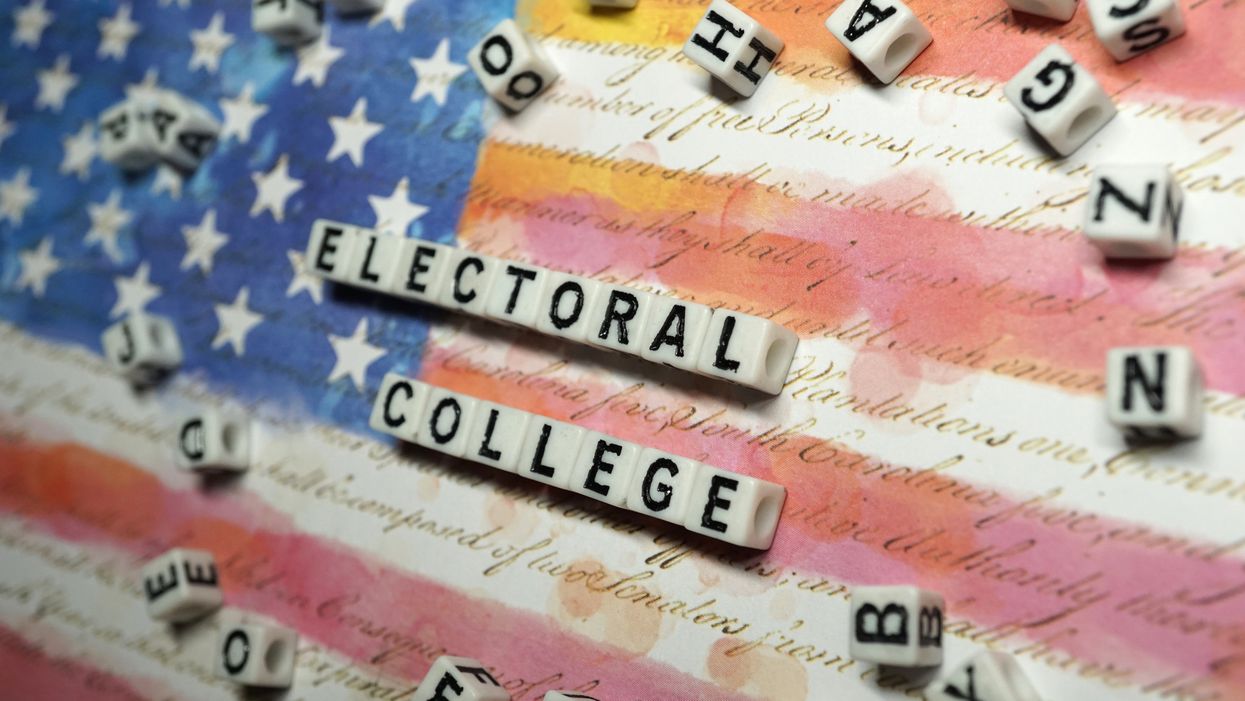Republicans in California and Democrats in Texas might not like how their state awards electoral votes, but the winner-take-all system used in 48 states is constitutional, a federal appeals court has ruled.
The League of United Latin American Citizens has challenged the winner-take-all system for awarding the 38 votes from Texas, the second biggest Electoral College prize, arguing it violates the Constitution's guarantees of equal protection and freedom of association to voters from the losing political party. (That's been the state's Democrats in 10 straight presidential contests and is likely to be them again this fall.)
LULAC has filed similar suits in California, Massachusetts and South Carolina in the hopes of compelling states to award electoral votes proportionally based on popular vote totals, a form of the system now used only in Nebraska and Maine.
The four states are in different federal circuits, so different rulings from different appeals courts could eventually push the Supreme Court to provide the ultimate answer.
In the Texas case, on Wednesday a three-judge panel of the Fifth Circuit Court of Appeals rejected the Texas lawsuit by citing, among other things, a 1969 Supreme Court ruling that upheld Virginia's winner-take-all system.
LULAC's argument centered on how the current system disincentivizes Democratic voters to turn out in presidential elections since the popular vote goes so predictably to the Republican nominee. The system also creates an environment where presidential candidates ignore Texas voters in favor of campaigning in swing states.
The court rejected those arguments, saying voters of the minority party may not like the winner-take-all process but it doesn't block their ballot access.
"There is a critical distinction between a system that diminishes voters' motivation to participate and one that burdens their ability to do so," Judge Jerry Smith, a Reagan appointee, wrote in a unanimous opinion. Although the winner-take-all system "may indirectly decrease the incentive of members of perennially losing political parties to vote," he continued, "it does not hinder their actual ability to vote."
LULAC "will continue to fight to make sure every American citizen's right to is enforced and that their vote counts," Domingo Garcia, the group's president, said in a statement. "Winner-Take-All electoral politics is a rigged system that dilutes the votes of Latinos and other minorities in states like Texas, California, Massachusetts and South Carolina."




















